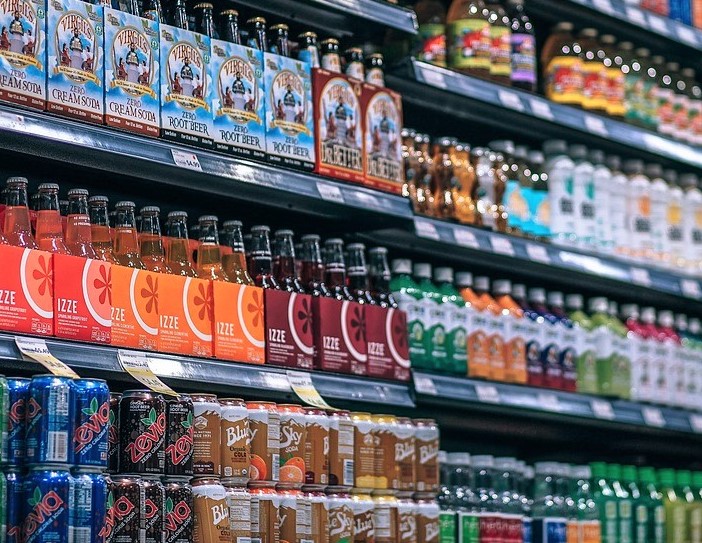The multi-trillion-dollar stimulus packages may not be enough to weather the storm
- Government austerity, falling business investment, global economic weakness, and weak consumer spending could mean a longer and slower economic recovery
- There are already signs that regional supply chains will change dramatically as MENA countries look at becoming more resilient and international trade balances shift
Tahseen Consulting's COO Wes Schwalje was interviewed by Al Arabiya and the Saudi Gazette for his predictions of the future of the region's economies in the face of the economic havoc waged by the ongoing Coronavirus pandemic.
What shape will the economic recovery take? U-shaped, V shaped, L shaped?
While everyone is rooting for a quick, strong V-shaped recovery which returns job, incomes, and business sales to pre-Coronavirus levels, it remains unclear if the multi-trillion-dollar stimulus packages being passed by governments around the world will be enough. This concern is particularly relevant in the MENA where government austerity, falling business investment, global economic weakness, and weak consumer spending could mean a longer and slower economic recovery. The situation is made even more complex in the MENA as we head into Ramadan and Eid.
It looks increasingly likely that our region could experience a double dip, W-shaped recovery.
If Coronavirus can be contained, a post-Eid easing of lockdown restrictions is likely to initially boost economic activity. However, the effects of unemployment and bankruptcies will only then start to take hold. With gradual easing of the lockdown measures, social distancing is also going to continue to mute tourism, a key economic sector across the region. Business bankruptcies and closures are likely to mean unemployment will remain elevated. As we are seeing in Asia now, there is also the chance that a second wave of coronavirus could re-emerge. All of this uncertainty, is likely to amount to an extended period of social anxiety that may reduce the willingness of businesses to spend and hire, dampen consumer spending, and significantly reduce travel.
How might supply chains be affected?
There are already signs that regional supply chains will change dramatically as MENA countries look at becoming more resilient in the event the current Coronavirus crisis carries on and in an effort to hedge the risk of future similar scenarios. As the crisis has evolved, a number of MENA countries have become aware of vulnerabilities in their supply chains related to accessing medical supplies and food.
We are seeing some MENA countries introduce export controls and restrictions as well as double down on investments in innovative technologies that have the potential to build national resilience, like agritech and medical technologies.
The Coronavirus crisis has also exposed weaknesses in quasi-monopolistic structures in vital industries, like supermarkets, food delivery, healthcare, and other sectors, where profit is potentially being prioritized over public interest. This undulating, unclear role of what should be the role of the government vis-à-vis the private in vital industries could lead to a new era of manufacturing and industrial sovereignty in the MENA.
How might the rules of global trade/migration change?
The full extent of the effects of the Coronavirus crisis on global trade and migration remains unclear. However, there are already signs from a few unfolding scenarios to suggest a fundamental rebalancing may take place.
In particular, the MENA’s strong trade and diplomatic ties with India and Pakistan could be affected.
Not only are remittances plunging due to economic uncertainty, but, increasingly, lack of Coronavirus quarantine and testing facilities in labor exporting countries are leading to situations where individuals are unable to travel home despite losing their jobs or being furloughed. These situations have the potential to escalate quickly and create tension between countries that affect diplomatic, trade, and investment relations if they remain unresolved.



















































